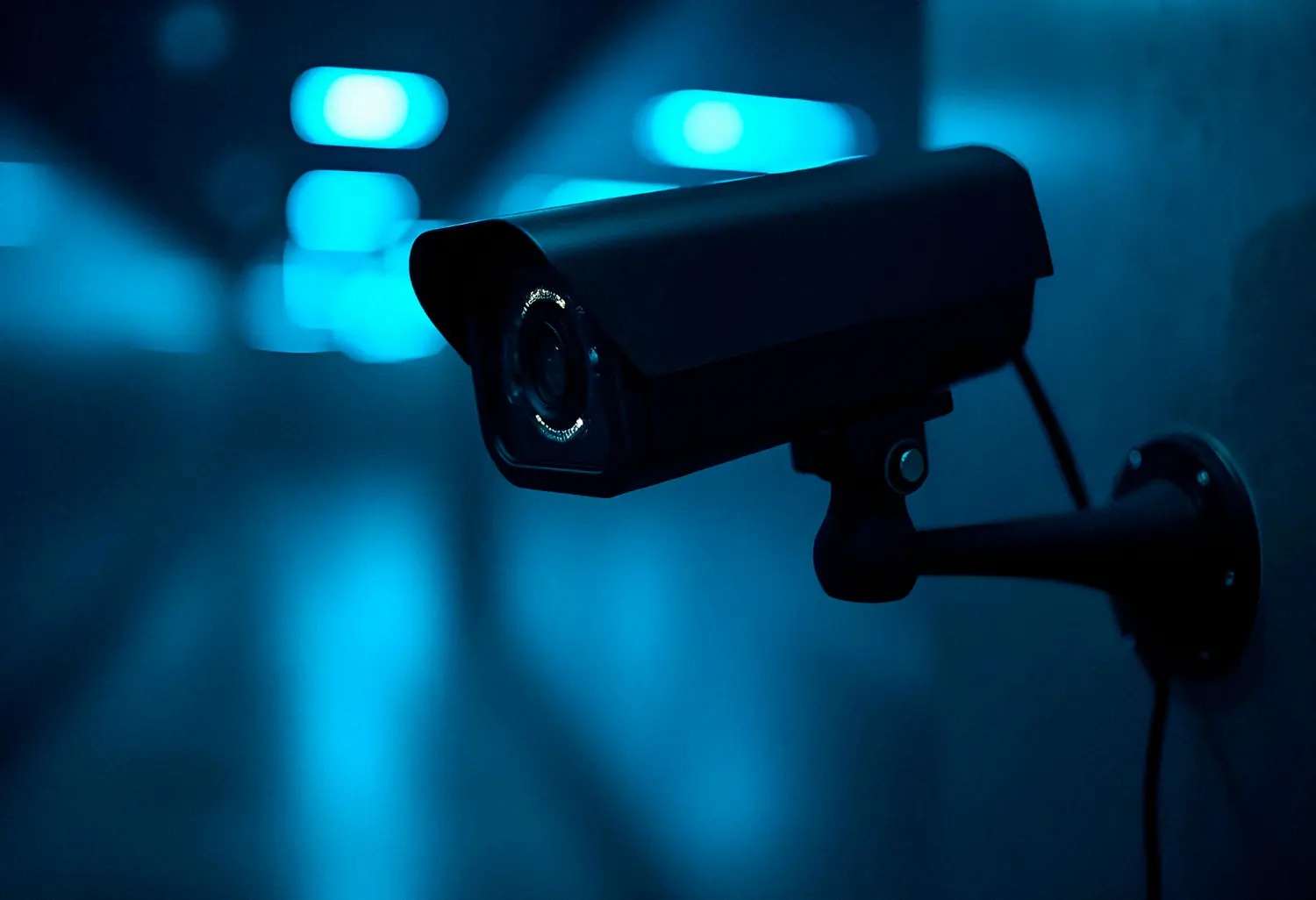Business
Joburg Scraps Controversial CCTV Law After Public Outcry

A bylaw that sparked fury
When the City of Johannesburg passed a bylaw earlier this year to regulate CCTV cameras, it immediately set off alarms. Residents and private security players warned that the move would strangle community crime-fighting instead of making the city safer.
The rule, approved by council in February 2025, would have forced property owners with cameras facing public spaces to register with the police, pay fees, get engineers’ approvals, and even restrict how their footage could be used. To many, it looked like red tape in the name of revenue rather than a genuine safety plan.
Legal challenges and growing pressure
By July, the Organisation Undoing Tax Abuse (Outa) and the South African Property Owners’ Association (Sapoa) had launched formal legal challenges. They argued the bylaw violated residents’ rights, created unnecessary costs, and ignored the urgent need to improve service delivery.
On 2 September, council quietly repealed the bylaw. Outa called it a victory for common sense. Its executive director, advocate Stefanie Fick, went further, saying the law was never about safety but about squeezing already stretched residents. She criticised the City for forcing the matter into court before backing down.
Outa also urged Johannesburg’s leaders to focus on repairing decaying infrastructure rather than finding new ways to extract money from the public.
Activists weigh in
The backlash had not only come from legal groups. Prominent anti-crime activist Yusuf Abramjee, host of Crime Watch, accused the City of trying to silence the exposure of crime on social media. He argued that without community members sharing CCTV footage, South Africans would be left in the dark about how widespread crime really is.
André Snyman from Eblockwatch echoed those concerns, warning that countless criminals would have slipped through the cracks without citizen-driven surveillance. Community policing forums and private security companies often rely on residents sharing footage to help track suspects.
The City’s defence
Not everyone saw the bylaw as an overreach. Sara Wissler, chair of the metro’s public safety committee, defended the decision at the time. She argued that restricting public sharing of CCTV footage was about protecting victims from unnecessary trauma.
She gave the example of a mother and child struck during a bank robbery getaway. While police might use the footage to catch criminals, she asked whether grieving families should have to endure seeing those videos circulated online.
Wissler stressed that registration would have been free and that the City would not have remote access to cameras. Officials would only be able to request footage for investigations.
A win for residents
For now, the repeal has been hailed as a victory for Johannesburg residents, activists, and security forums who saw the law as a direct threat to grassroots crime-fighting. The legal cases will not proceed, although Outa says it will seek costs from the City for pushing ahead with the bylaw in the first place.
The controversy also raises questions about leadership in the city. Why did such a bylaw pass at all, despite widespread warnings from security experts? Outa’s view is blunt: Joburg needs leaders who prioritise residents’ safety and infrastructure over quick-fix money grabs.
Also read: Joburg Drops Controversial CCTV Law After Public Outcry and Court Battle
Follow Joburg ETC on Facebook, Twitter, TikT
For more News in Johannesburg, visit joburgetc.com
Source: MyBroadband
Featured Image: TechFinancials















